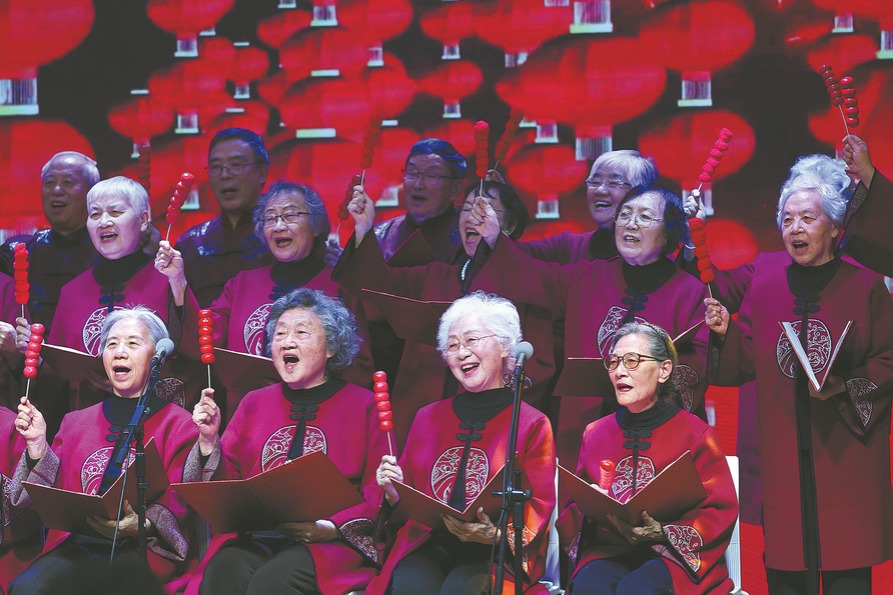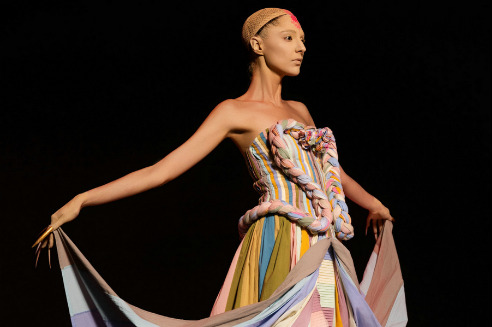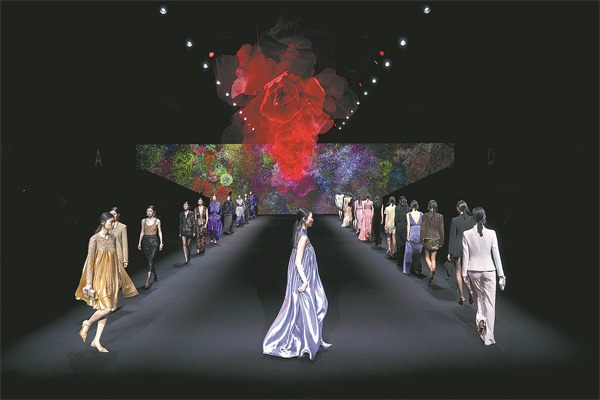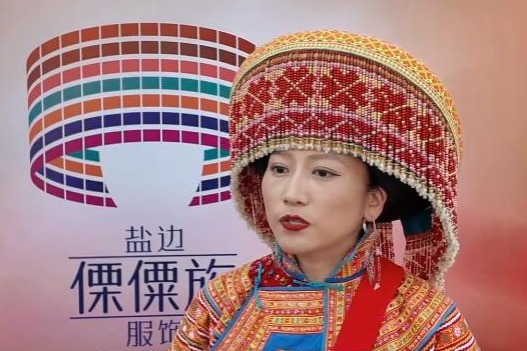Giving Tanzania the technical treatment
Medic's mission in African state extends beyond the hospital to building bridges between cultures, Wang Qian reports.

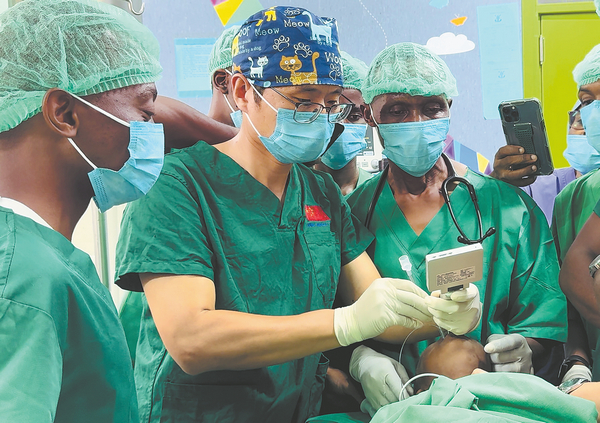
On the streets of Dar es Salaam, Chinese doctor Zhang Junqiao does what the Tanzanians do. He plays soccer with teenagers, runs marathons during his spare time, and enjoys the views on the way to the hospital he works at some 7 kilometers from his home.
The 38-year-old anesthesiologist from Shandong Second Medical University in Weifang, Shandong province, is the leader of the 27th Chinese medical team in Tanzania, and has spent more than a year providing medical assistance, not only saving lives but also building bridges between cultures through his dedication and compassion.
For Zhang, healing extends beyond the operating room. He has immersed himself in Tanzanian life, learning useful phrases, visiting an orphanage, and donating blood to help address chronic shortages.
"To truly help, you must become part of the community," he says. "When I greet people — even if I mix up words like 'eyes' and 'mouth' — their faces light up. It's like when foreigners try Chinese; the effort builds trust."
Tanzania's healthcare system, while better than in many African nations, still faces significant challenges. Zhang compares it to that of a county-level hospital in China — functional but lacking advanced equipment and resources.
"The basic conditions are there, but things like disposable medical supplies and high-end anesthesia tools are scarce," he says.
One of the contributions by his medical team was a donation of visual anesthesia technology, including video laryngoscopes and bronchoscopes, to the anesthesiology department of Dar es Salaam's Muhimbili National Hospital in November.
"Before, difficult airway cases posed a major risk — patients couldn't be intubated, leading to life-threatening situations. Now, with these tools, we can solve problems that were once impossible here," the doctor adds.
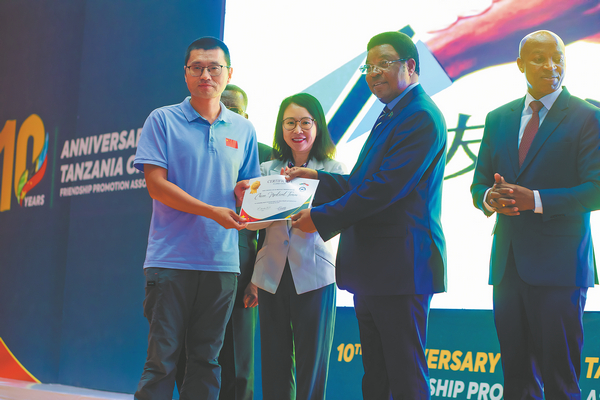
Arriving in Tanzania in January 2024, Zhang prioritized training doctors in advanced techniques like video laryngoscopy to reduce risks from anesthesia. "True aid isn't just giving someone a fish but teaching them to fish," he says.
According to a statement from the hospital, the equipment will aid the anesthesiology department in transitioning from broad to precision techniques, and the video laryngoscopes are "a timely help" that will enhance patient safety during anesthesia, and address a persistent challenge the department faced.
Despite issues such as limited resources and cultural differences, Zhang has adapted quickly. "You can't change a system overnight, but you can save one life at a time," he says.
Among the many patients he has helped is an 8-year-old boy, who was diagnosed with a severe abdominal wall hernia. The boy developed a special bond with the Chinese medical team, who gave him the Chinese name of Qilu.
Qilu is a reference to the kingdoms of the Qi and Lu in what is now Shandong before the founding of the Qin Dynasty (221-206 BC). It is sometimes used as a name for the province, one of the birthplaces of Chinese culture and civilization.
The boy's family, unable to afford treatment, was on the verge of despair until the Chinese medical team stepped in and arranged for surgery at the Muhimbili National Hospital, pooling their resources to cover the medical expenses. After the boy recovered, his mother asked the team to give him a Chinese name as a way of honoring their kindness.
Moved by her sincerity, Zhang named him Qilu, after the place from where all the team members come. "We hope this name symbolizes the unbreakable bond between China and Tanzania," Zhang says.


















